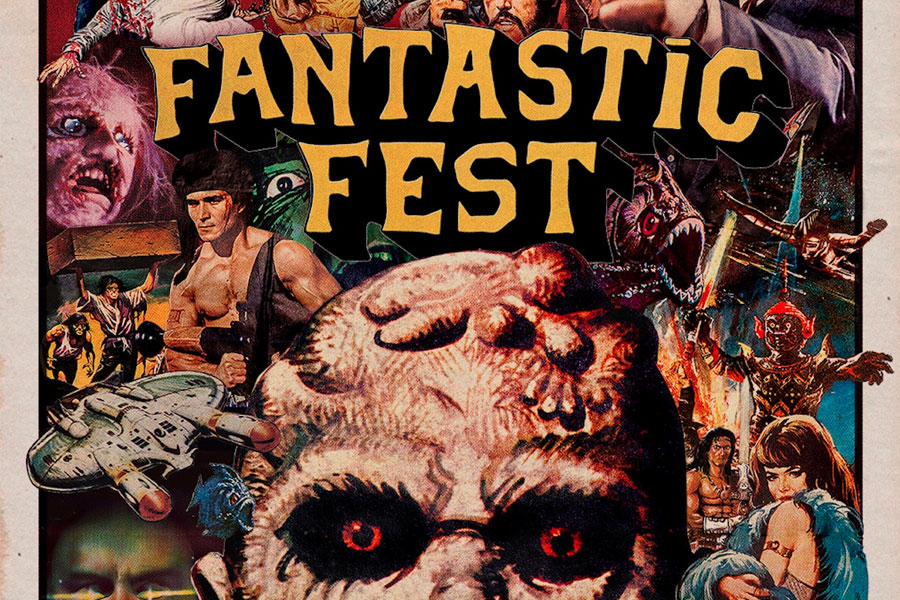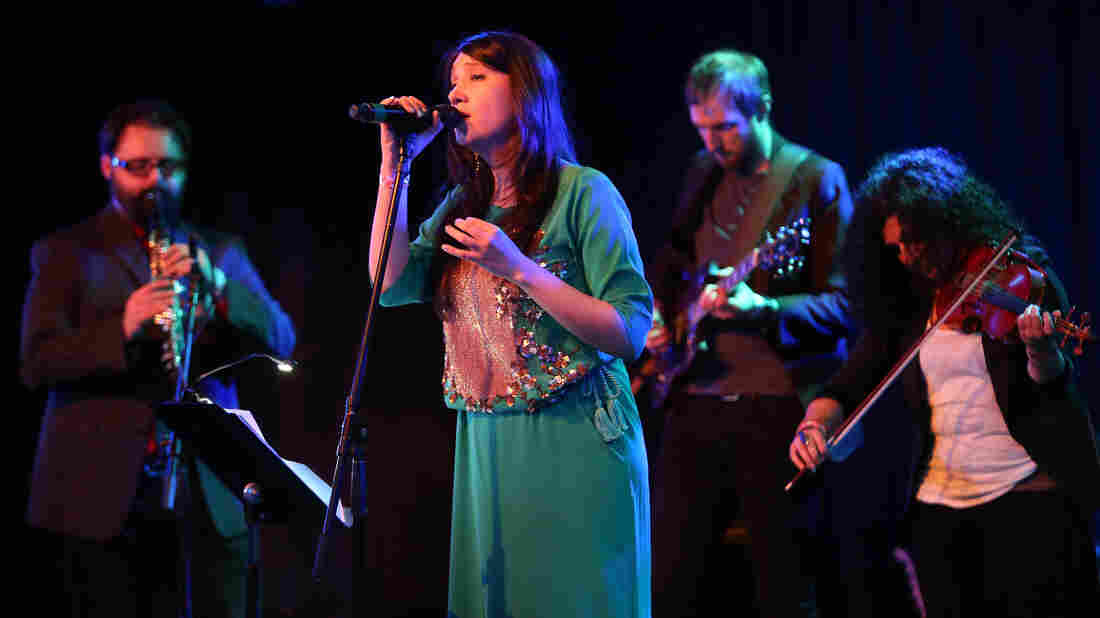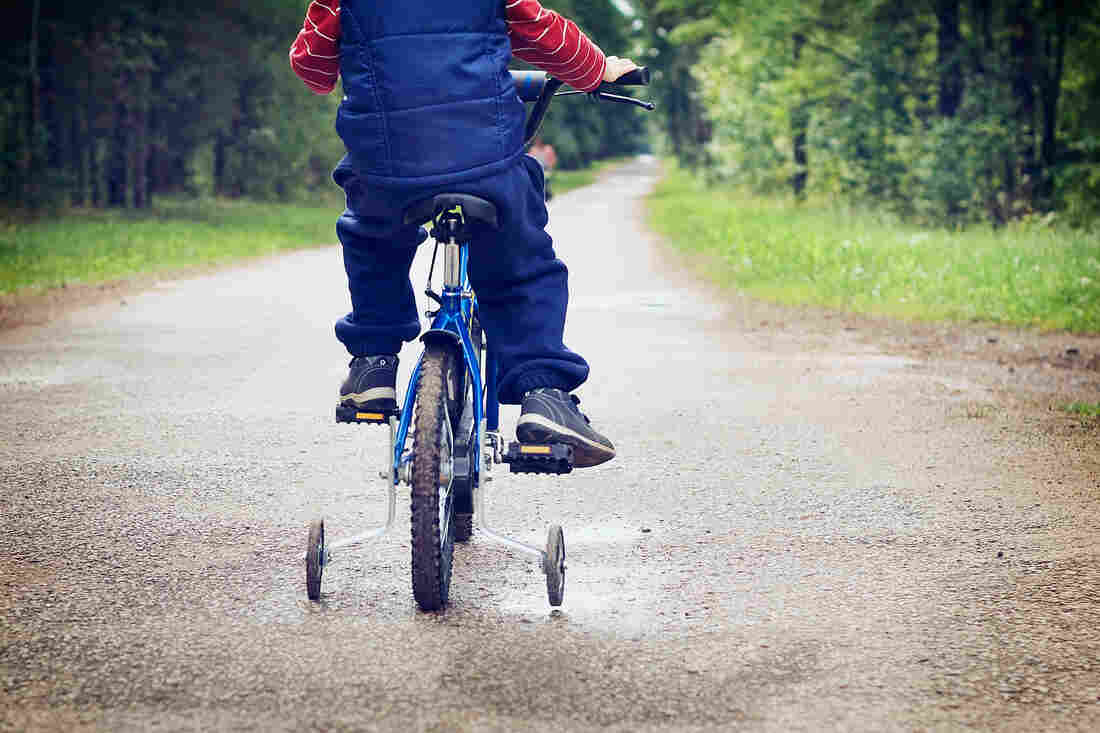Best of the Week: Fantastic Fest Guide, New Ways to Enjoy 'Star Wars' and More
The Important News
Franchise Fever: Ernie Hudson is making a cameo in the Ghostbusters reboot. Sigourney Weaver is also making a cameo in the Ghostbusters reboot. Prometheus 2 is titled Alien: Paradise Lost and there will be a few more linking to Alien.
More Sequel Stuff: A sequel to Sicario focused on Benicio Del Toro’s character is in development. Wesley Snipes has had talks about doing more Blade sequels. The WNUF Halloween Special is getting a follow-up. Furious 8 is having trouble finding a director. John Wick 2 starts shooting this fall with only one of the original directors. Men In Black is getting three more sequels.
Casting Net: Tracey Morgan will star in Fist Fight. Chris Evans and Jared Leto joined The Girl on the Train. Liam Neeson will star in The Commuter. Hugh Jackman says to cast Tom Hardy as the new Wolverine.
First Looks: Daniel Radcliffe in Imperium. Woody Harrelson in LBJ.
Star Wars Updates: The original theatrical cuts of the first Star Wars trilogy may finally return to home video.
Box Office: Johnny Depp scored a hit with Black Mass, even if it was in second place.
Format Focus: Netflix can be watched in virtual reality.
The Videos and Geek Stuff
.jpg)
New Movie Trailers: The Walk, Heist, Burnt, The Big Short, Angry Birds, Meadowland and Truth.
TV Spots: Creed.
Clips: The Walk.
Watch: A Sicario featurette about drug cartels.
Check Out: Rare shots of models used in the original Star Wars trilogy. And a virtual tour the crashed ship from Star Wars: The Force Awakens.
Hear: The new James Bond song for SPECTRE.
Watch: A homemade Deadpool trailer.
See: What you look like as a Peanuts character.
Check Out: The crazy gift Peruvian villagers gave the production designer of The Green Inferno.
See: Mel Gibson in Mad Max: Fury Road.
Watch: Seth Meyers and Anne Hathaway spoof rom-com endings.
Find Out: Why you should respect Michael Bay.
Watch: The new Jungle Book trailer with footage from the old Jungle Book.
See: Black Mass as a silent horror film.
Watch: A parody of Goodfellas set in the fast food industry.
Find Out: Why Ant-Man would have destroyed the world wtih his powers.
Watch: A supercut of movies where kids have special best friends.
See: This week’s best new movie posters. And Mondo’s new posters for Mulholland Drive.
Our Features
Film Festival Reports: Our most anticipated movies of Fantastic Fest. The movie audiences loved most at the Toronto Film Festival. How the Golden Door International Film Festival is spreading autism awareness.
Birthday Celebration: Stephen King’s greatest movie moments.
Geek Movie Guide: 10 geeky movies to see this fall.
Sci-Fi Movie Guide: 6 Fantastic Fest sci-fi movies to watch right now.
Indie Western Movie Guide: The Keeping Room and the indie Western resurgence.
Home Viewing: Here’s our guide to everything hitting VOD this week. And here’s our guide to everything hitting DVD this week. And here’s our guide to all the new indies and international films to see this month.
and
MORE FROM AROUND THE WEB:
This entry passed through the Full-Text RSS service – if this is your content and you’re reading it on someone else’s site, please read the FAQ at fivefilters.org/content-only/faq.php#publishers.



